Vanguard’s advice expert says Gen X should make one simple move to boost retirement savings
Gen Xers can avoid retiring during economic turmoil by working just a few months longer, a technique Vanguard calls a “really powerful lever.”

- There’s good news for Gen Xers nearing retirement: if you’re willing to extend your career by just a few weeks, your savings can rival thousands of dollars in salary from decades prior, according to Vanguard’s head of advice.
If you checked your 401(k) in recent weeks, now may be a good time to have a reality check.
President Donald Trump’s escalating trade war has caused market whiplash, leading to retirement accounts losing billions of dollars collectively. And while those new to their savings journey have years to recover, Gen Xers nearing retirement may be running out of time.
While experts say there is no need for soon-to-be retirees to panic, it is a critical time to reassess retirement goals. If you’re not on track, one simple move could be financially life-changing, says Joel Dickson, the global head of advice methodology at Vanguard.
“Even working just a few more months, if that's possible for people, is a really powerful lever that can be pulled if folks are nervous about their longer-term retirement sufficiency and success,” Dickson tells Fortune.
Working three to six months longer could have helped your retirement finances just as much as had you saved 1% more of your salary every year for 30 years, according to a 2018 study from Stanford University and the National Bureau of Economic Research. Even one extra month of work can add savings equivalent to 1% of your salary over the past decade, Dickson says. For Gen Xers, many of whom are ill-prepared for retirement with just $40,000 in savings, this might be welcomed news.
While it might sound too good to be true, the math checks out. By working a little longer, retirees won't have to dip into their 401(k) accounts and Social Security and can instead let their investments grow longer. The “magic number” to retire comfortably at age 65 in 2025 is $1.26 million, according to Northwestern Mutual.
Market woes are normal, but don't run for the hills yet
Finances are one of the top drivers of stress and anxiety among all Americans; according to the American Psychological Association, over 6 in 10 adults report money being a significant source of personal stress. And during economic uncertainty, that number is likely even higher.
Yung-Yu Ma, the chief investment officer at BMO—the eighth largest bank in North America by assets—said the market hit peak disruption after Trump walked back reciprocal tariffs. The underlying consensus is that the economy is healthy, he told Fortune.
During the week of the tariff back and forth, 90% of Vanguard investors did not make a transaction, according to Dickson. And of those who did, an overwhelming majority were buying—not selling—suggesting investors aren’t panicking but instead capitalizing on the dip.
“Sticking to your plan doesn't mean don't do anything,” Dickson says. “It means understanding the opportunities that the markets present in the context of meeting your plan over the long term.”
Ma agreed, contending that “it’s better to look for opportunities than to run for the hills at this point.”
A way investors can protect themselves is through asset diversification, according to Ma. He suggests international equities in Europe, Japan, and China, as well as domestic manufacturing sectors, as stable areas of growth.
The turbulence may still hit, but that shouldn’t steer you off course
While a reduction in widespread tariffs was a relief for investors alike, it by no means indicates that the instability is over. Ma explains that if the negotiations with China go south, and tariffs of 145% are not mitigated, the U.S. could still slide into a recession.
But ultimately, the market shouldn’t drive your broad retirement behaviors and plans, Dickson adds. Amendments to your goals should only come when life situations, spending, or saving habits change. As long as you are saving appropriately (Vanguard recommends saving 12% to 15% of your pay each year for retirement, including any employer contributions), you’ll be well on your way toward retiring with peace of mind.
“The most important metric of long-term success is how you are saving, not necessarily how your investment returns are being generated,” Dickson says.
This story was originally featured on Fortune.com




![7 Days, 7 Posts: A Simple Strategy To Grow On LinkedIn [Infographic]](https://imgproxy.divecdn.com/7epzwm9-fB6KXqQAejiRwM9a7W7L7TDsZIpMgqiNbSc/g:ce/rs:fit:770:435/Z3M6Ly9kaXZlc2l0ZS1zdG9yYWdlL2RpdmVpbWFnZS9zdGFydF9wb3N0aW5nX2xpbmtlZGluMi5wbmc=.webp)








![31 Top Social Media Platforms in 2025 [+ Marketing Tips]](https://static.semrush.com/blog/uploads/media/0b/40/0b40fe7015c46ea017490203e239364a/most-popular-social-media-platforms.svg)


















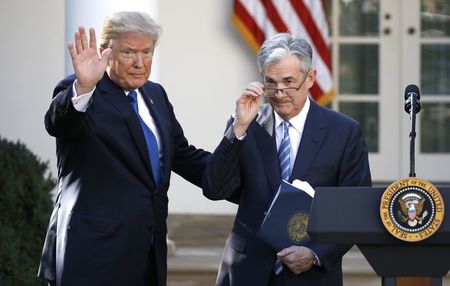

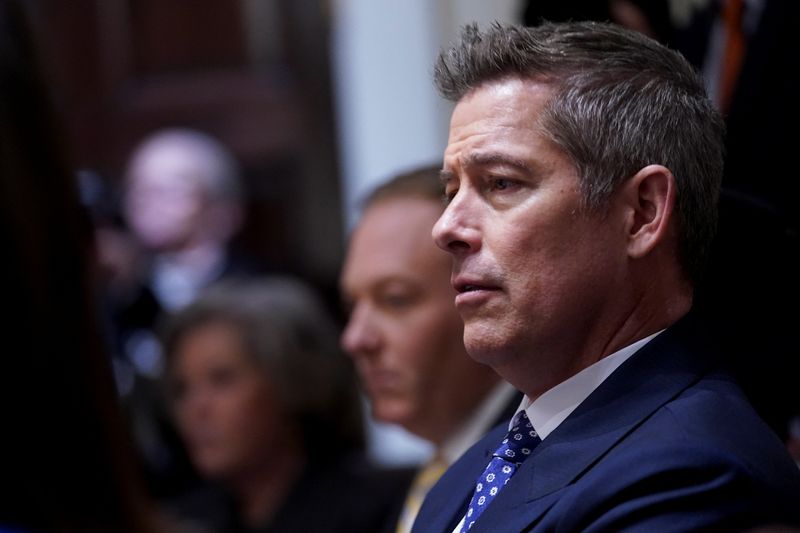








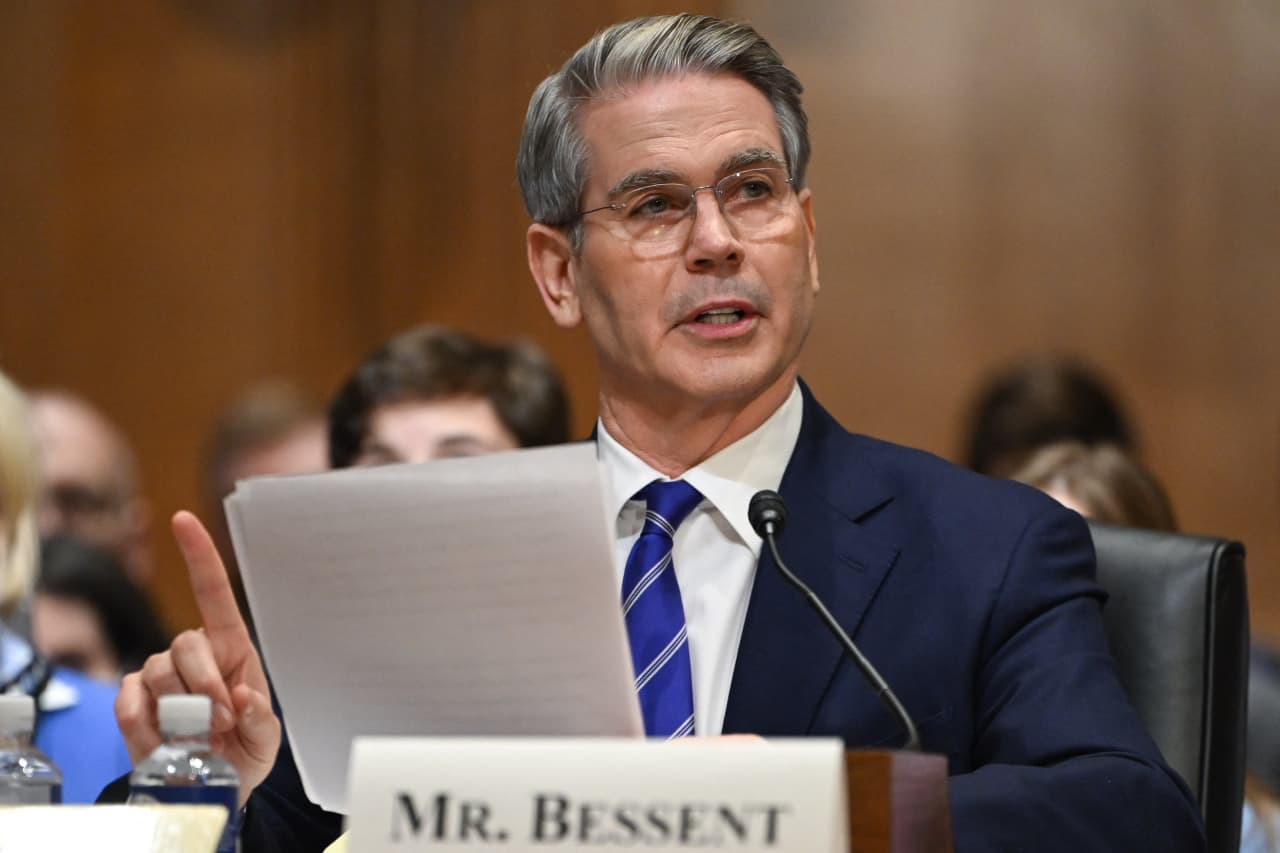






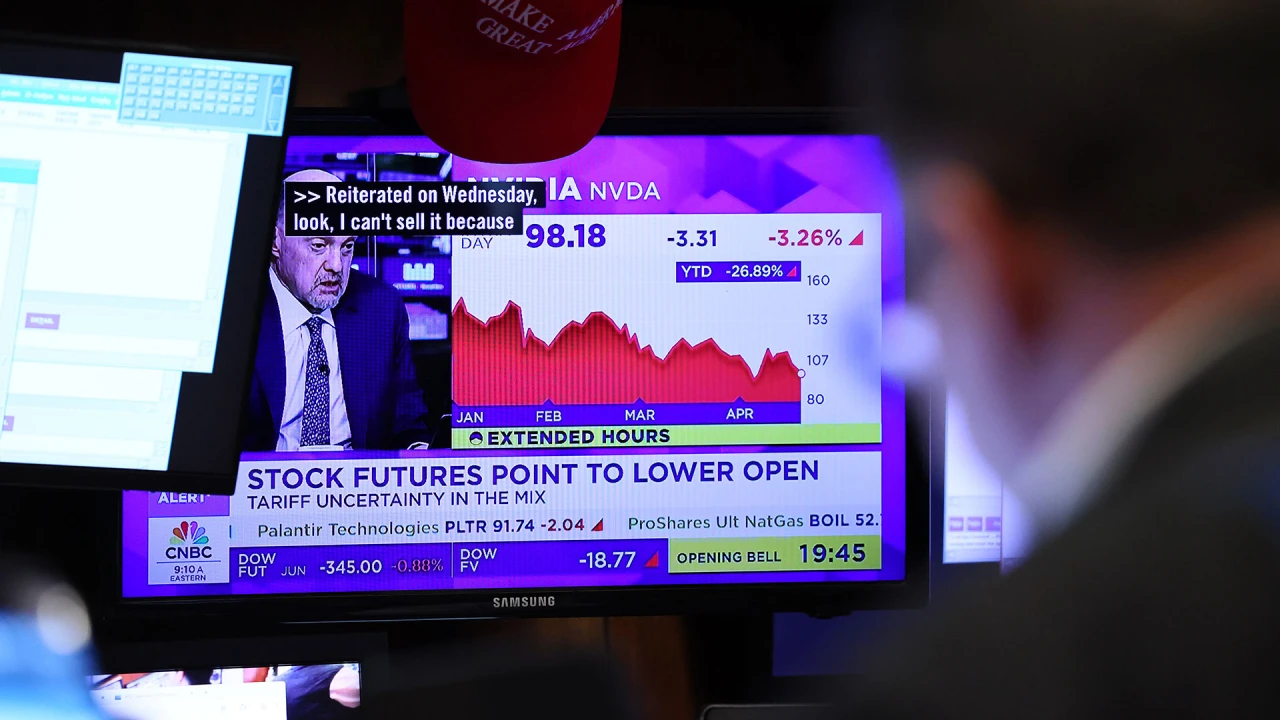




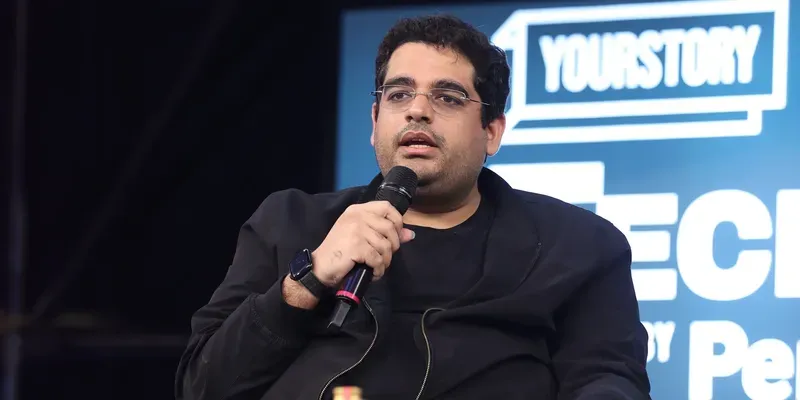


















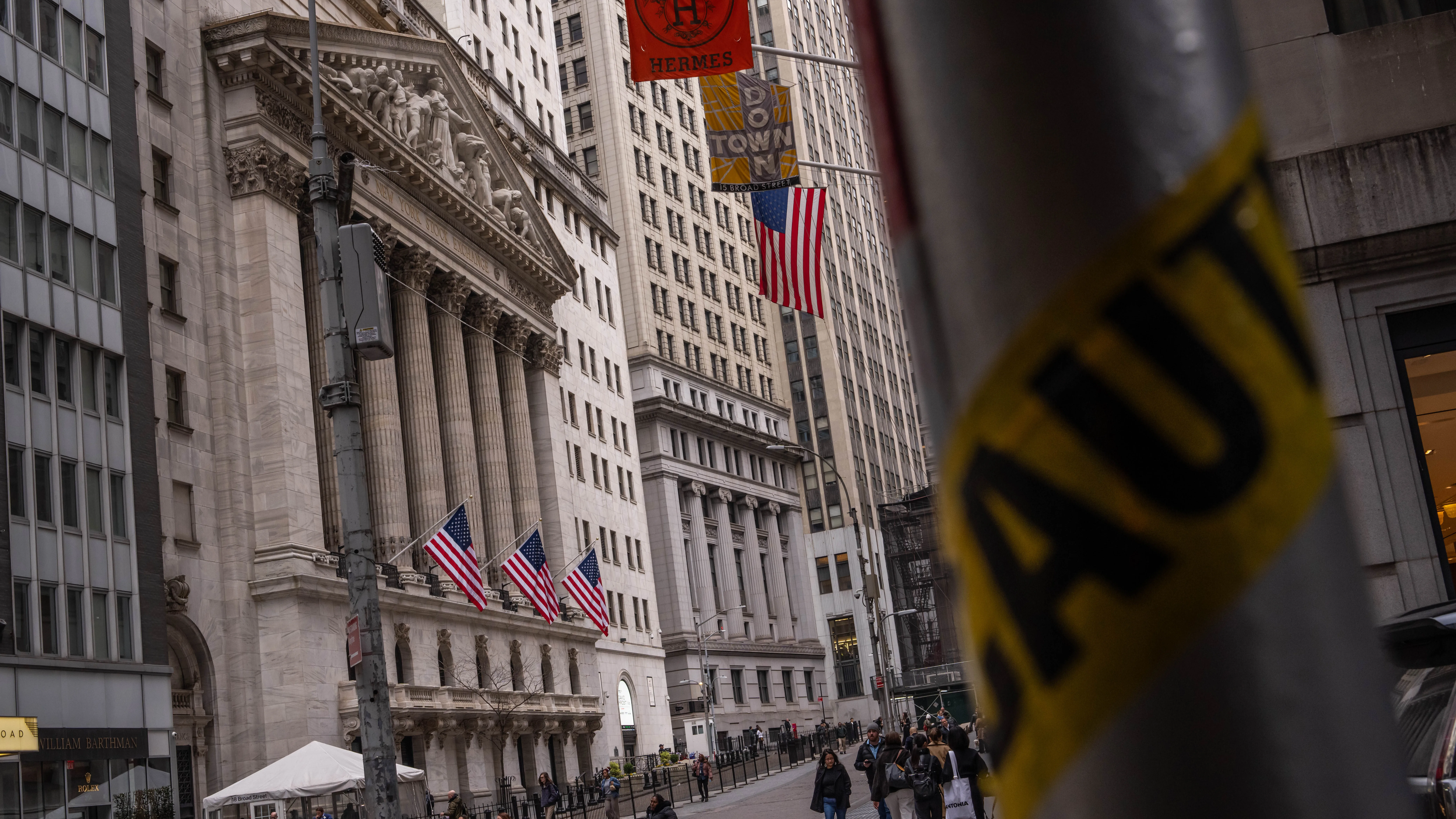









































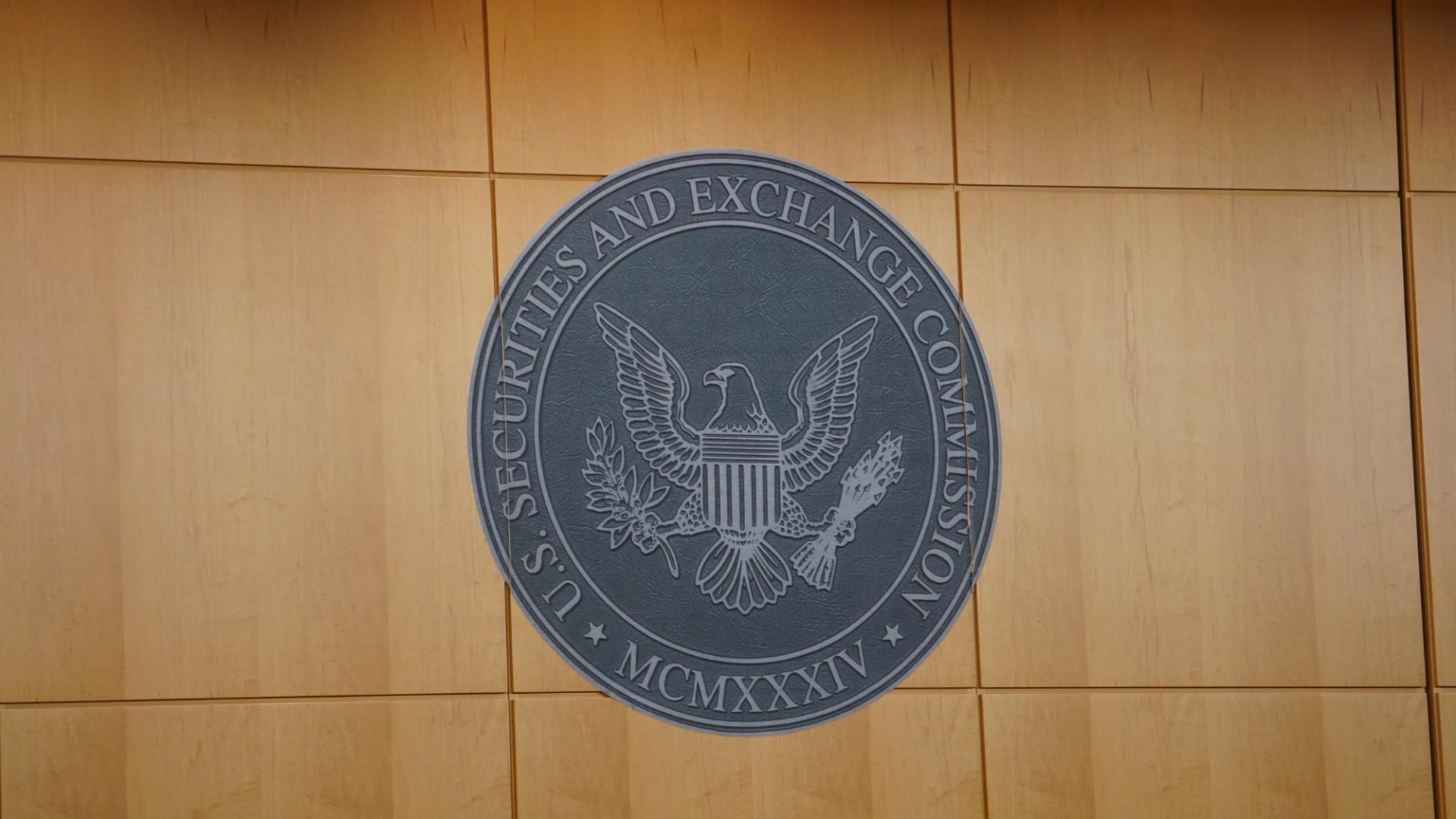













































































![How to Find Low-Competition Keywords with Semrush [Super Easy]](https://static.semrush.com/blog/uploads/media/73/62/7362f16fb9e460b6d58ccc09b4a048b6/how-to-find-low-competition-keywords-sm.png)
